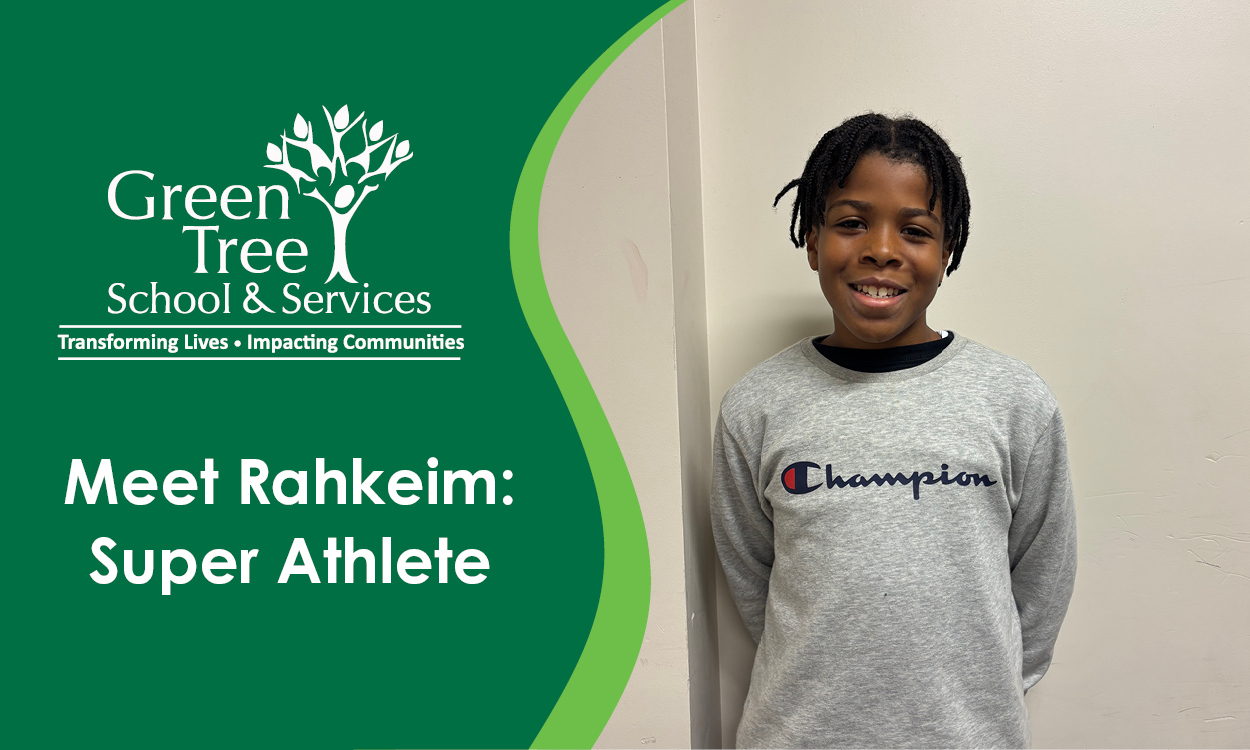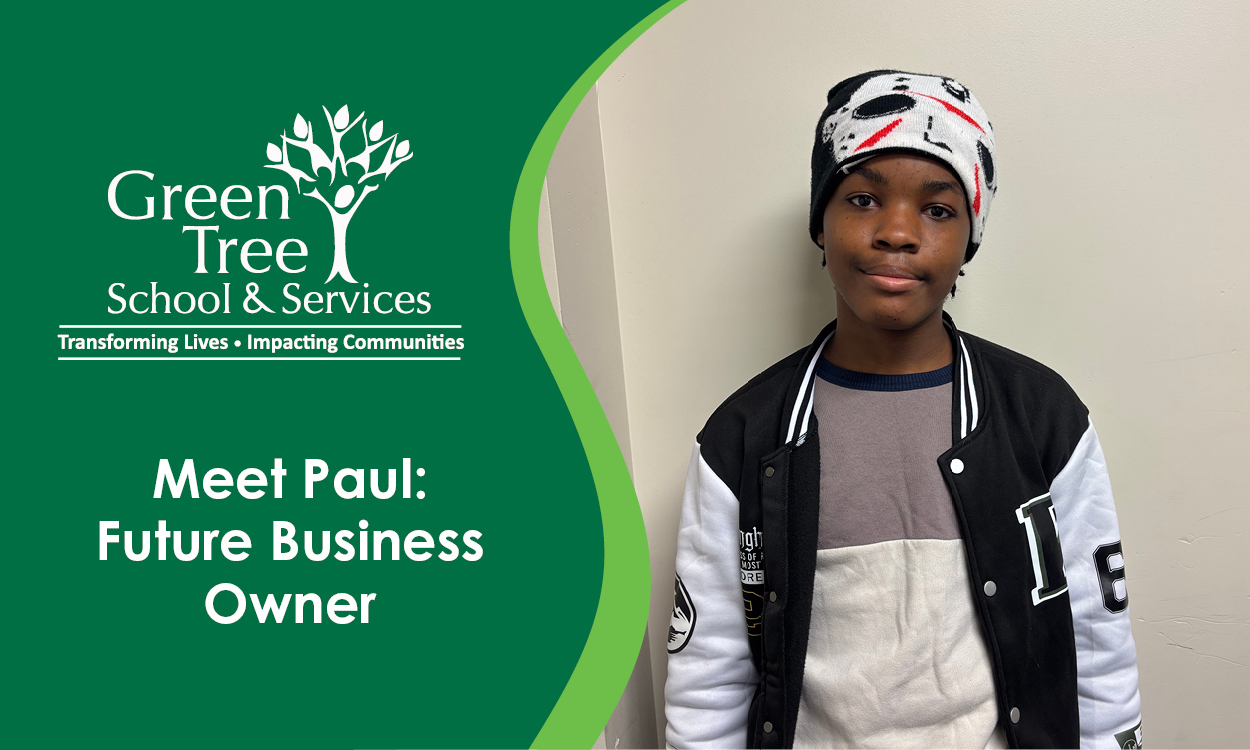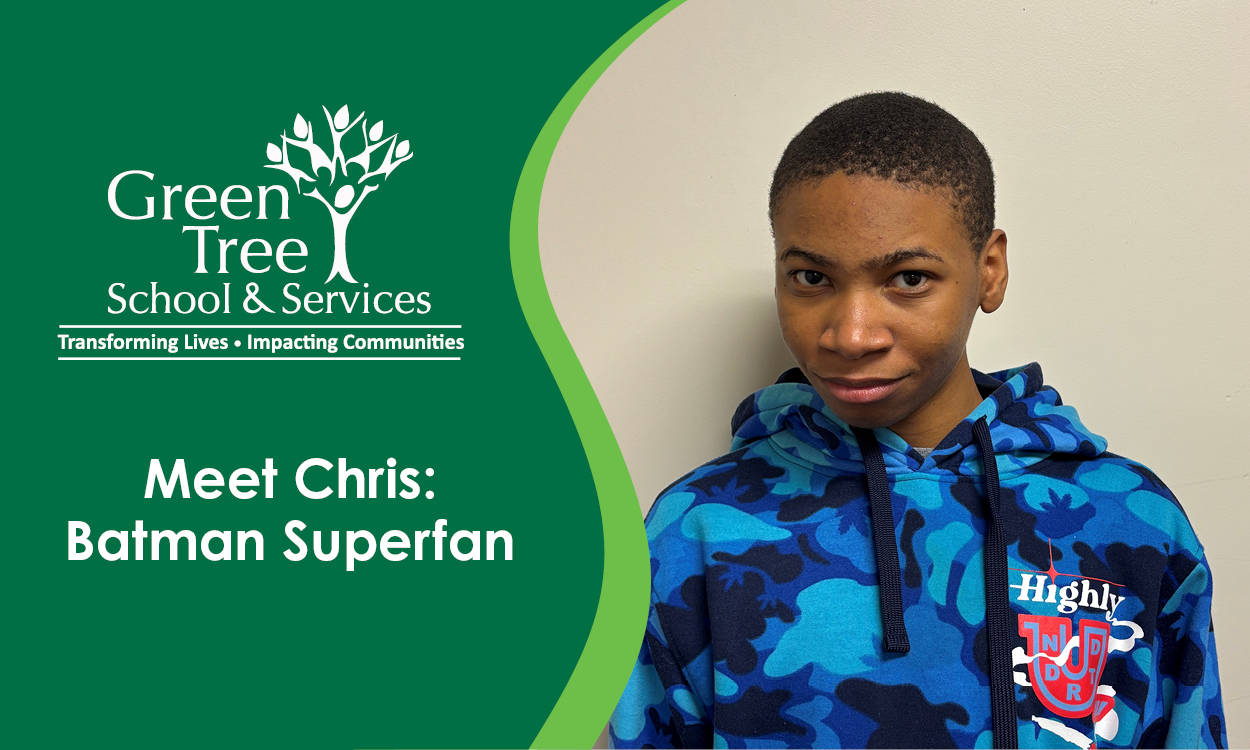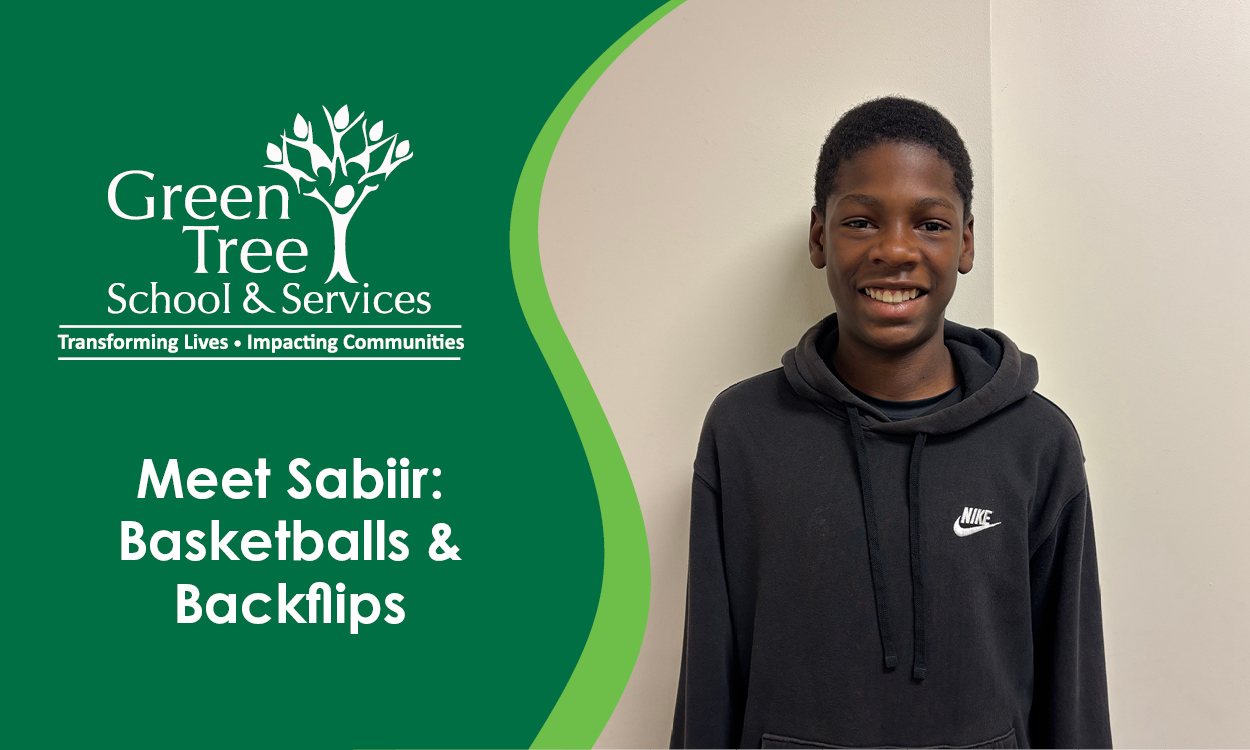Getting the Most out of an IEP Meeting
Posted: July 12, 2021 | Written By: Jeannine Morrissey | Category: Special Education Tips
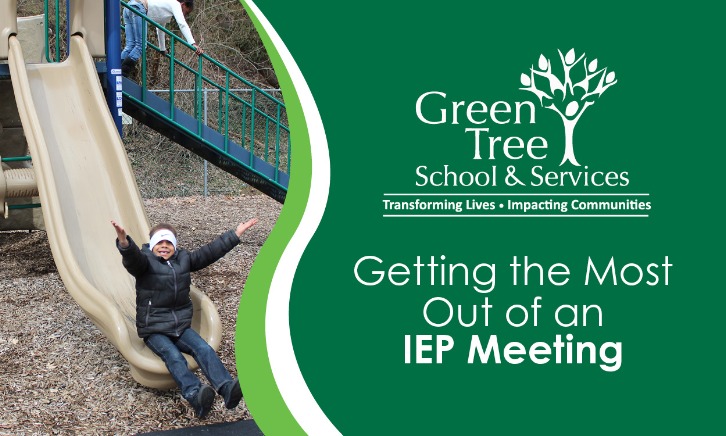
By Jeannine Morrissey
Senior Graphic Designer, New Story Schools
The meeting to map out your child’s plan for success in a special education setting, known as an Individualized Education Plan (IEP) meeting, may seem daunting. But it is an integral part of planning for, recording and setting your child up for progress academically, emotionally and behaviorally. While the process may seem overwhelming, it is actually usually a very productive meeting. You’ll be meeting with professionals who care about your child’s success like you do, and hopefully that puts you at ease. Additionally, the following pointers will help prepare you to get the most out of these meetings.
Take notes
You will cover a lot of information during an IEP meeting, so take notes. This way, after the person (therapist, teacher, etc.) discussing your child’s plan is finished speaking, you can circle back and ask questions for clarification. Additionally, you’ll have reference for any future meetings.
Ask questions
There will probably be some tests administered to assess your child’s progress over the past year. Some of these tests can be confusing when brought up at an IEP meeting. Don’t be afraid to ask questions. You’ll want to fully understand your child’s progress and what next steps they are planning to take and why.
Ask what can be done at home
If you notice your child is having problems at home with items discussed at the IEP meeting (example: writing), find out if there are ways to carry over skills taught in class to home. Reinforcing learning at home can help to solidify skills and possibly prevent any regression in your child’s progress.
Ask yourself what you are seeing at home. If some of those behaviors are less desirable, find out if the professionals have any ideas to help mitigate them. What is taught in the classroom extends into the home and vice versa.
Don’t rush through the meeting
Teachers and professionals like to know that you are participating. Also, you don’t want to miss any information, as all of it is likely vital. Your child’s progress and the plan for future progressions are important parts of your child’s success, both academically and behaviorally. Taking your time allows you to truly understand what is going on in your child’s life. Be prepared to spend more than an hour in the meeting.
These tips should help prepare you for your child’s next IEP meeting, and should make sure you get the most out of these meetings. Once you go through the first few meetings, you might even come up with some helpful pointers of your own. Just remember, the point of these meetings is to set your child up for success, and there is nothing to worry about!
Want to be notified of new articles and resources from Green Tree Schools? Click here to submit your email and opt into our newsletter.





